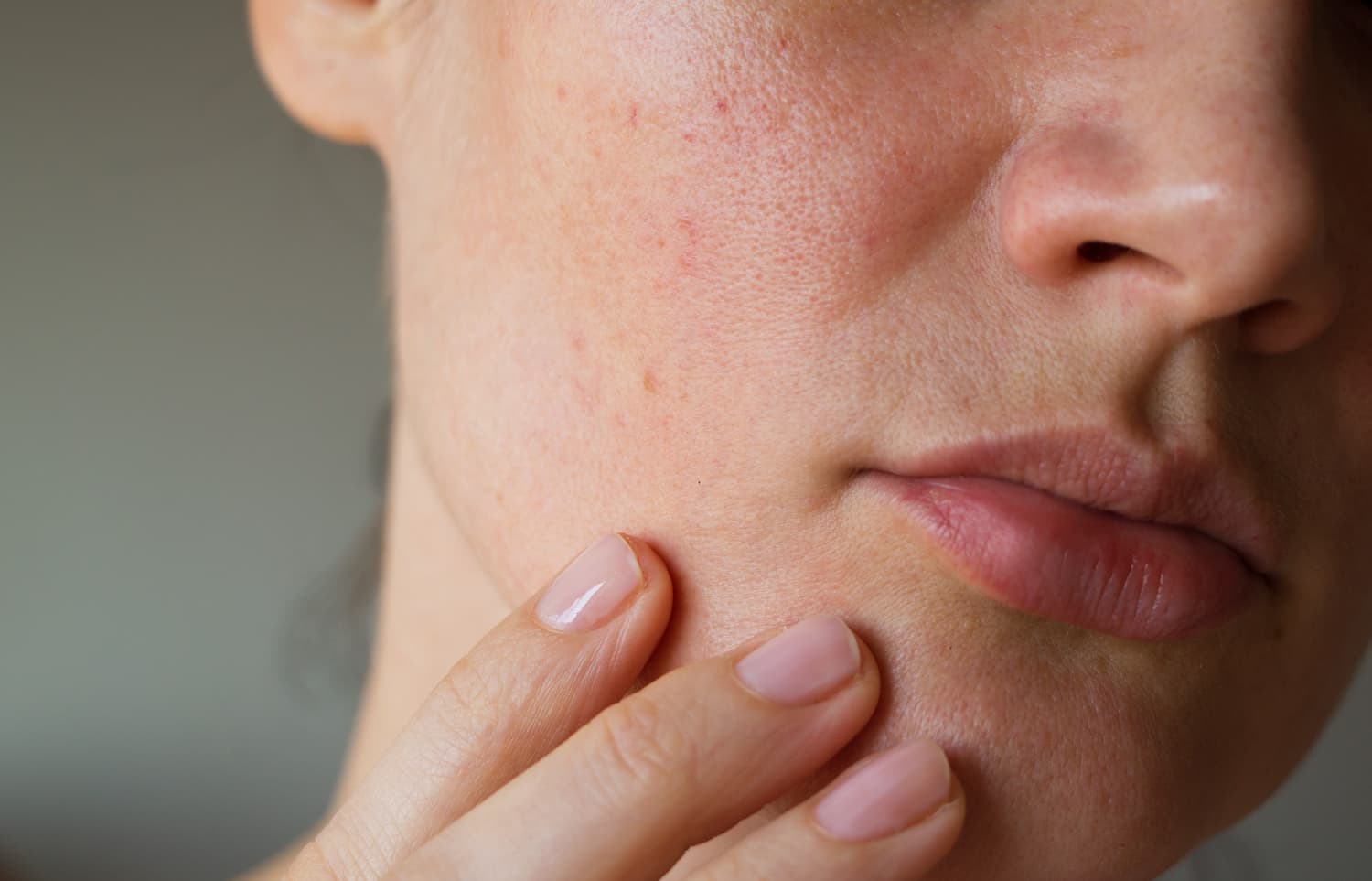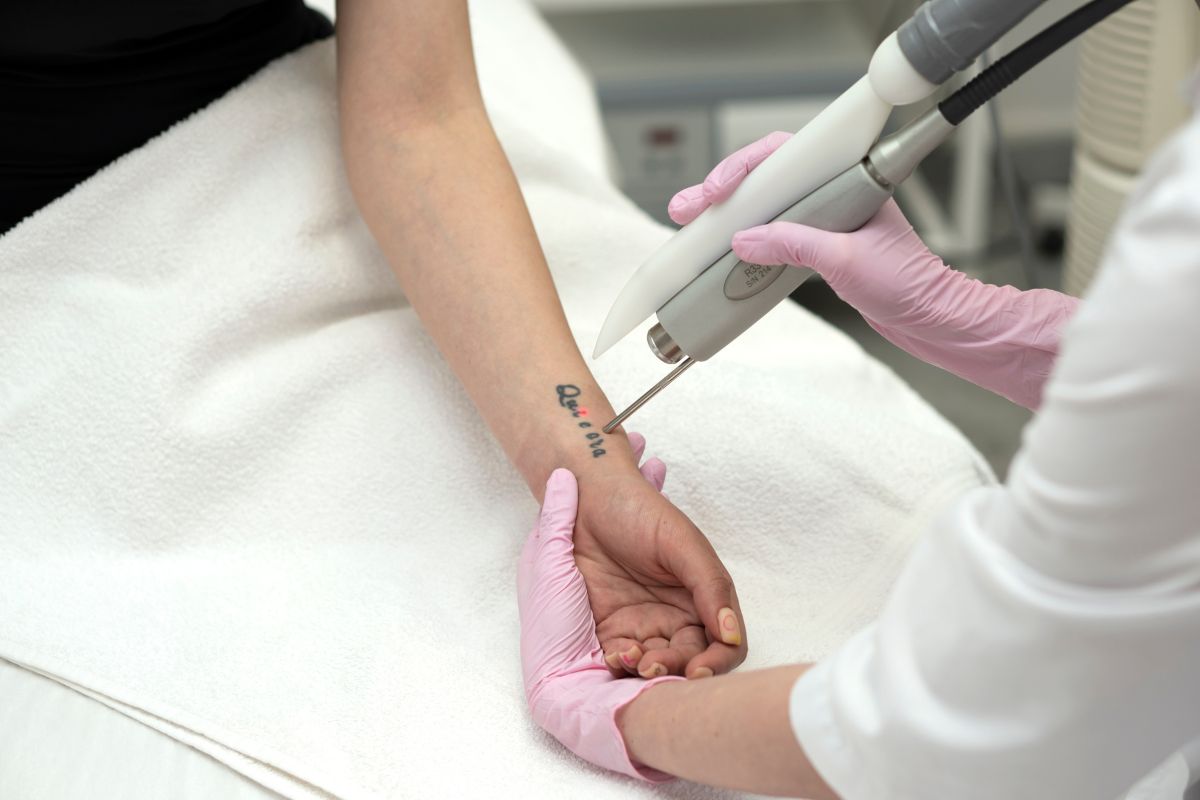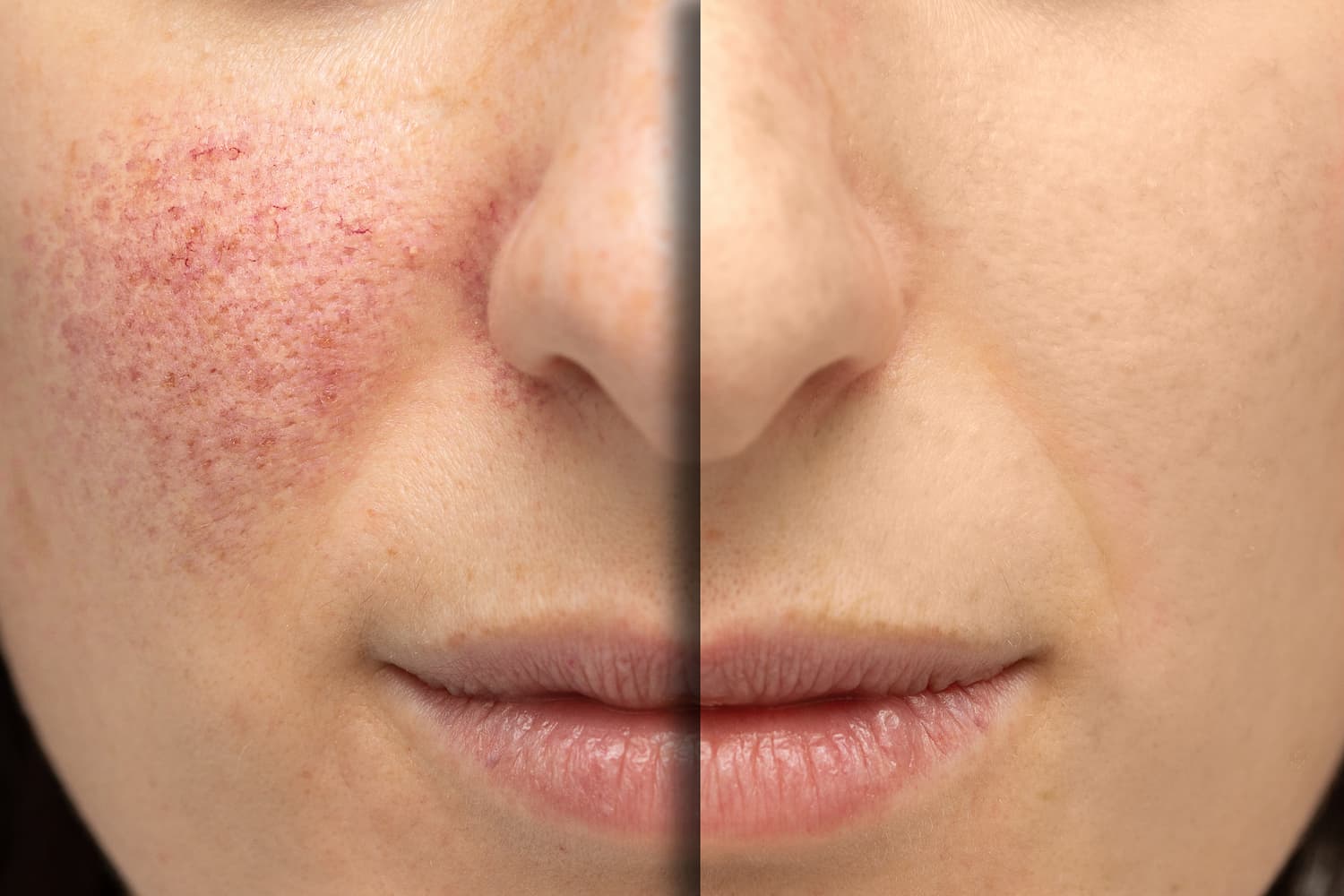Everyone knows the importance of taking care of your skin. However, some people have more sensitive skin than others, so certain skincare products may be irritating or unsuitable for their skin’s needs. Affiliated Dermatology has helped many patients in the greater Phoenix area develop a skincare routine that keeps their skin healthy despite its sensitivity. This guide will help you do the same.
How to Know If You Have Sensitive Skin
Sensitive skin, by definition, reacts more intensely to stimuli that other types of skin might tolerate well. Some signs that you might have sensitive skin include:
- Frequent redness
- Itching
- Burning sensations
- Dryness
These conditions may worsen after using certain skincare or makeup products that irritate sensitive skin. They may also occur due to environmental factors such as exposure to the sun, wind, or extreme temperatures.
If you find that your skin is constantly reacting poorly to things that other people seem to have no problem with, a dermatologist can help you better understand if you have sensitive skin and help you find ways to care for it.
Benefits of a Personalized Skin Care Routine for Sensitive Skin
Sensitive skin requires much more care than other types of skin. More importantly, not everyone with sensitive skin reacts the same to the same stimuli. This means that the best solution for any individual must be customized to the unique characteristics of their skin. Creating such a routine can provide the following benefits:
- Reduction of irritation: Products designed for users with sensitive skin contain ingredients that are less likely to cause irritation and discomfort.
- Minimized risk of inflammation: Similarly, the ingredients in skincare products for sensitive skin are less likely to cause inflammation.
- Strengthened natural defense mechanisms: Personalized skin care improves the skin’s barrier function, allowing it to better defend itself from irritants.
- Targeting specific conditions: Sensitive skin can be caused by eczema, rosacea, or psoriasis. A personalized care routine will address these causes directly.
How to Create a Sensitive Skin Care Routine
Thankfully, sensitive skin can receive the care it needs by narrowing down the sources of irritation and finding alternatives. To develop a skincare routine to benefit your sensitive skin, follow the steps below:
Identify Your Skin Type and Sensitivities
First, pay attention to which products and environmental factors cause the problems. This may take some time to figure out, but we will help you learn what to avoid and provide clues to your sensitivity.
Research and Select Suitable Products
Products designed for sensitive skin are often explicitly labeled as such, but not always. Depending on the causes of your sensitivity, it may be labeled hypoallergenic or fragrance-free. Try to find products with soothing ingredients like aloe vera and chamomile.
Patch Test New Products
Just because a product is labeled for sensitive skin doesn’t mean it will benefit your specific type of skin. When trying a new product, apply a small amount to a discrete area of your skin and wait a day or two to ensure no adverse reaction.
Gentle Cleansing
Cleaning your skin is important to keep it healthy, but cleaners can be a big source of irritation for those with sensitive skin. Choose a mild, hydrating cleanser to help your skin retain its natural oils. Avoid hot water, as it can exacerbate skin sensitivity.
Hydrating and Soothing Toner
Using a toner can be a great way to restore the pH balance of your skin. Like other skincare products, however, it may irritate sensitive skin. When choosing a toner, try to find one that is alcohol-free. Ingredients such as hyaluronic acid and green tea are desirable.
Moisturize to Protect
After cleansing and applying toner, a moisturizer makes an excellent final step in a daily skincare routine. It will strengthen the skin barrier and lock in moisture. Ingredients like ceramides and glycerin are beneficial for sensitive skin.
Dermatologists Can Help You Create a Custom Skin Care Plan
Finding alternative products that won’t irritate your skin can take a lot of trial and error. The dermatologists at Affiliated Dermatology can help. Our expertise allows us to pinpoint the causes of your sensitivity and help you develop a customized solution to ease symptoms and reduce sensitivity. To make an appointment at one of our locations or learn more, contact us today.
Image credit: Geinz Angelina, Shutterstock






